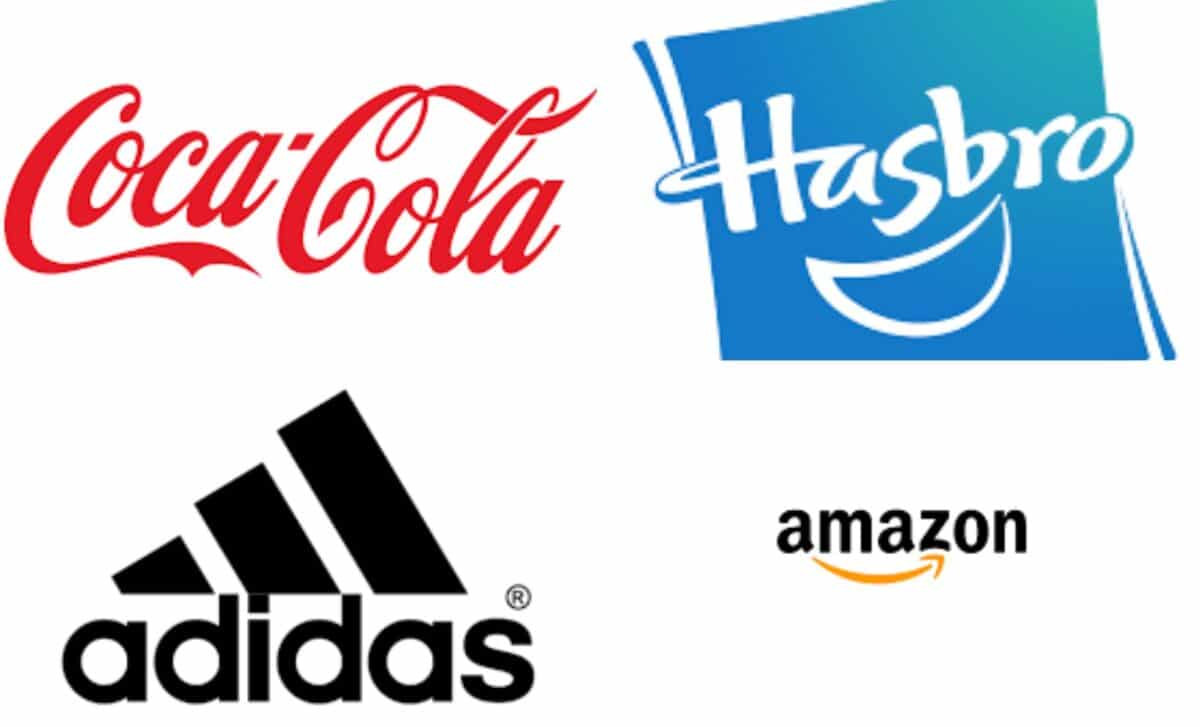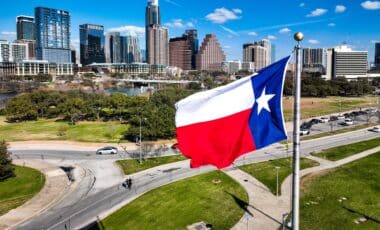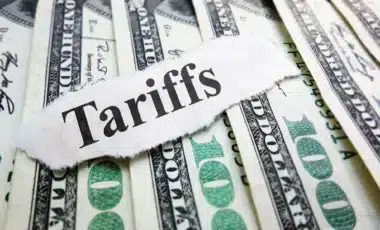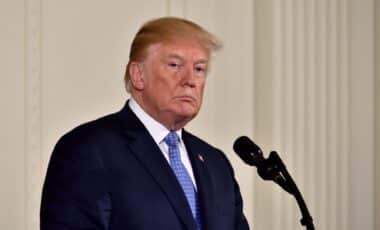As tariffs remain a key feature of international trade relations, major consumer brands are feeling the pressure. From Coca-Cola to Amazon, companies are adjusting to the growing costs associated with imports, particularly from China.
These tariffs, originally aimed at curbing imports, are now showing their true effects on some of the world’s most recognised brands, driving them to reconsider pricing strategies and supply chain logistics.
The fallout from these trade policies extends beyond just higher prices for goods. It’s also about shifting consumer behaviour, particularly in regions sensitive to geopolitical tensions.
The major players in the consumer goods and retail sectors have seen a range of responses, from cost increases to brand challenges in foreign markets. These developments are an indication of the long-term repercussions of tariff wars.
Price Hikes on the Horizon
Many consumer brands that rely heavily on imported goods, especially from China, are experiencing rising production costs. This is evident for companies like Adidas, which has confirmed that the prices of nearly all of its products in the United States will go up.
Bjørn Gulden, CEO of Adidas, explained that this price hike was inevitable, as the company does not manufacture a significant portion of its products in the U.S. and instead imports them.
Similarly, Amazon is grappling with the fallout of tariffs despite its efforts to maintain competitive pricing. CEO Andy Jassy highlighted the company’s commitment to keeping prices low for consumers, but acknowledged the external pressures on their supply chains.
The company incurred a significant one-off cost of $1 billion in the first quarter of 2025, a result of early inventory purchases to avoid higher tariff rates. While Amazon’s large variety of third-party sellers provides some cushioning, the overall effect on product pricing could be substantial.
Geopolitical Tensions and Consumer Sentiment
For brands like Coca-Cola, the impact of tariffs goes beyond just financial costs. According to James Quincey, CEO of Coca-Cola, the company’s operations are largely shielded from tariffs because most of their ingredients are sourced locally.
However, the company has still faced a dip in sales, particularly in regions like parts of Mexico and among U.S. Hispanic consumers.
This decline is thought to be tied to the broader geopolitical tensions between the U.S. and Mexico. Coca-Cola’s response has been to emphasise its local presence in Mexico through its “Hecho en México” campaign, aimed at building a closer connection with local consumers.
Hasbro, another major brand, has also been impacted by tariffs, as many of its toys are manufactured in China. CEO Christian Cocks warned that tariffs could have a significant impact on profits, particularly in light of the challenges faced during the 2008 recession when toy industry sales dropped due to similar issues.









